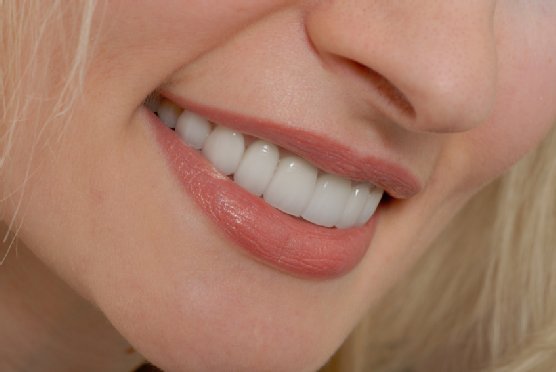If you’ve recently experienced surface damage to one of your teeth, you may want to talk to your Chicago dentist about restoring it using dental bonding. Unlike dental implants or crowns, dental bonding is used to restore the appearance and functionality of teeth with minor damage. Here is a guide to determining whether dental bonding is the right option for you:

You Lead a Busy Everyday Life
Dental bonding is used to restore teeth that have been chipped, discolored, or damaged by decay or an accident. Those who opt to restore teeth using a dental bonding procedure often do so because it’s less time consuming than comparable restorative dentistry procedures, like veneers. Those leading a busy life full of family, work, and social commitments can conveniently be treated in less than one hour.
You Prefer Procedures That Don’t Require Anesthetic
If you are among the many restorative dentistry patients who prefer undergoing procedures that do not require any anesthetic, dental bonding could be the correct option for you. The only case in which dental bonding would require anesthetic is if the bonding were used to fill a cavity.
Your Daily Habits and Hygiene Won’t Affect the Outcome
Those who choose dental bonding for treatment of chipped or decayed teeth need to take special steps to prevent staining. Smoking can easily stain the bonds, so smokers should discuss an alternative treatment with their restorative dentist unless they can commit to quitting. Other habits that will result in stains or cause the bonding to break are nail biting and frequent coffee or wine drinking.
You can learn more about how dental bonding can improve the look and strength of your teeth by contacting Chicago’s University Associates in Dentistry . Dental bonding is just one of the many cosmetic dentistry procedures that our dentists utilize to give clients the smiles of their dreams. To learn more about our services, call us today at (312) 704-5511.



